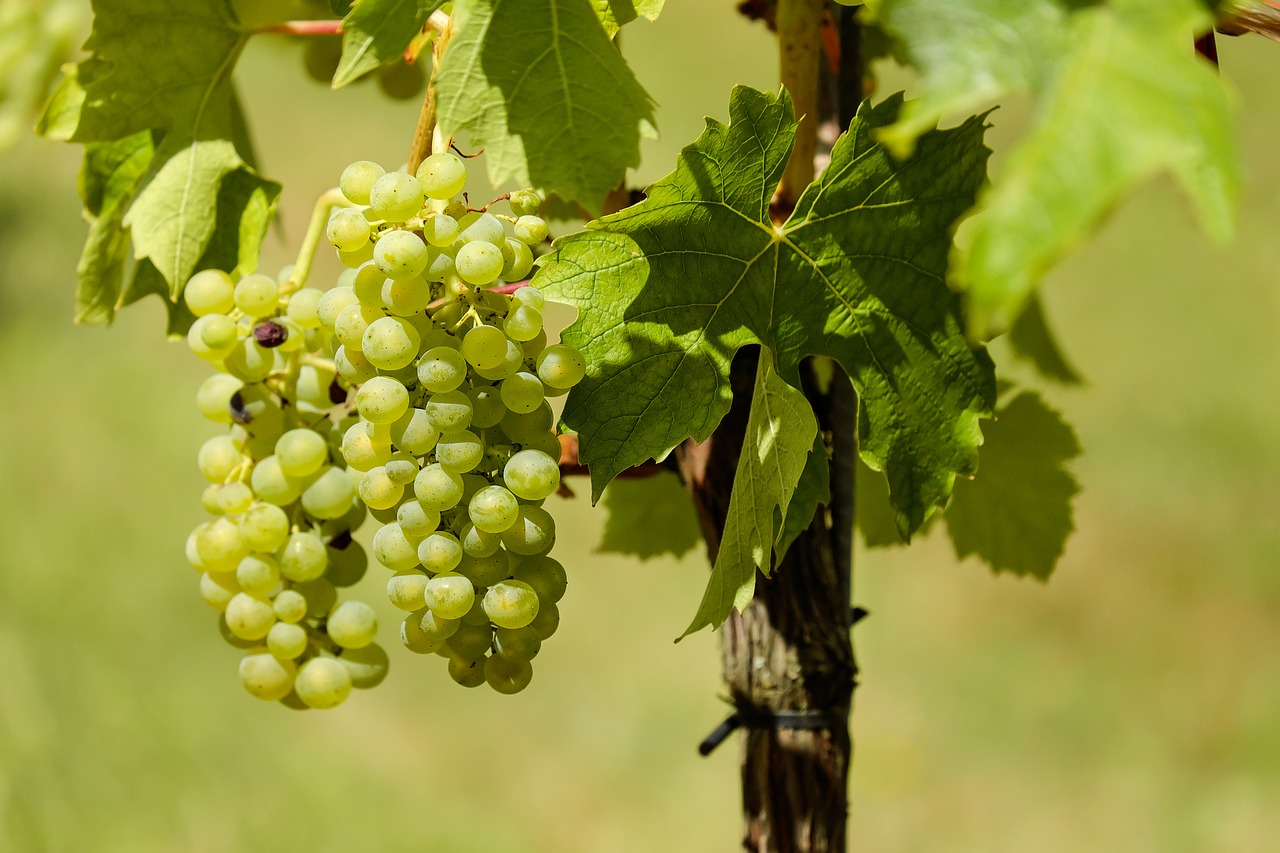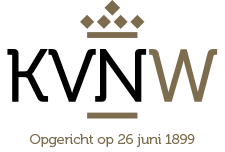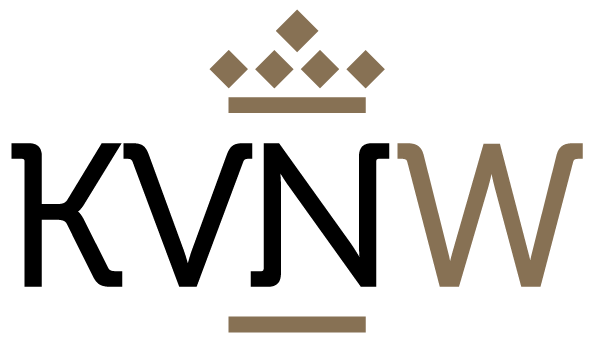
Press Release: The EU Wine sector joins forces to rise to the challenge of alcoholic beverages self-regulation
Brussels, 12th March 2018 - The European associations representing the alcoholic beverage' sector have presented today to European Health Commissioner Andriukaitis their proposal for a self-regulation to give consumers clear information about the ingredients and nutritional content of alcoholic drinks. The wine sector has worked collectively and constructively to address this challenge, and commits, through an ambitious and modern approach, to providing information to consumers in an adapted way.
The European Wine sector, represented by CEEV, CEVI, Copa and Cogeca and EFOW, has taken up the self-regulation challenge and has presented today to Commissioner Andriukaitis an innovative and dynamic proposal. Confronted with the specificities of both the product and the sector, the EU wine sector has come up with a modern solution that fulfils a two-fold objective namely to properly inform consumers about the product and to allow all actors from the sector, including the smallest ones, to implement such measures.
EFOW President, Bernard Farges, explained: "We are committed to meeting consumer expectations. The European wine sector doesn't have anything to hide. We are proud of our quality products and strict oenological practices. The solution we propose today aims at maintaining this trusted relationship with consumers. The sector commits itself to an approach which allows indicating, either on the bottle or on-line, the calories per 100ml and the ingredients, in accordance with EU legislation."
Chairman of Copa and Cogeca Wine Working Party, Thierry Coste, added: "Contrary to other agri-food products, our proposal takes into account the very nature of wine, which is an agricultural product which constantly evolves. It is not produced according to a fixed recipe.It is not a standardised industrial product. The wine-making process has to be adapted to produce the best possible wine. The proposal that we are putting forward today takes these specific aspects into account."
CEVI President, Thomas Montagne, underlined that "Our sector is extremely atomised and mainly concerns small and medium enterprises. Our proposal aims to put all operators on a level-playing field when it comes to consumer information. This set of measures will allow consumers to easily access information about the ingredients and the nutritional value of our wines."
Finally, CEEV President, Jean-Marie Barillère, hoped that "the European Commission will acknowledge the important progress made by our sector in less than one year and endorse our proposal. We hope that they will consider turning it into legislation. This would help to preserve the Single Market and ensure that the same rules apply to all wines, not only those produced in the EU but also to non-EU countries."

